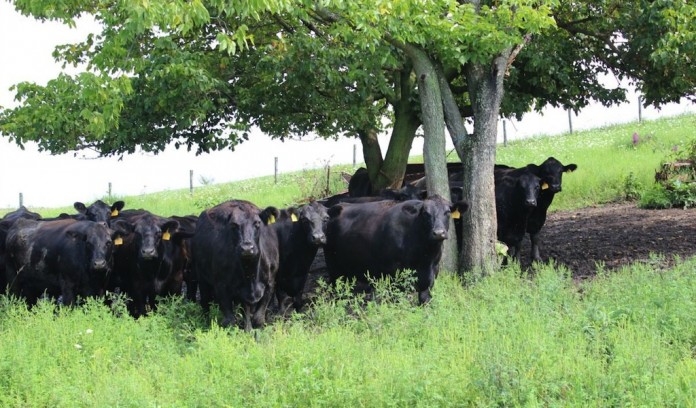REYNOLDSBURG, Ohio — State Veterinarian Dr. Tony Forshey is recommending cattle owners in southwest Ohio monitor their herds closely after the Indiana Board of Animal Health reported Aug. 19 that bovine tuberculosis (TB) had been diagnosed in a wild white-tailed deer in Franklin County in southeast Indiana. No cases have been diagnosed in Ohio.
“While the extent to which the disease may be present in the wild deer population is not known, cattle owners in southwest Ohio should be aware of this finding and take precautions,” said Forshey. “Monitor your cattle for signs of TB, including lethargy, low-grade fever, and cough, and to take steps to prevent contact between your cattle and wild animals.”
Signs and symptoms
Bovine tuberculosis is a chronic bacterial disease that primarily affects cattle, but can be transmitted to any warm-blooded animal. While clinical signs are not visible in early stages, signs that the disease is progressing may include emaciation, lethargy, weakness, anorexia, low-grade fever and pneumonia with a chronic, moist cough. Cattle owners who notice any of these signs in their livestock should contact their veterinarian immediately.
Hunters
Hunters should take precautions to protect themselves, including wearing gloves when field dressing animals and fully cooking all meat. Deer can be infected without noticeable signs of disease, like the doe that tested positive in Indiana. Hunters who notice signs of TB in wildlife should contact the Ohio Department of Natural Resources Division of Wildlife at 1-800-945-3543.










